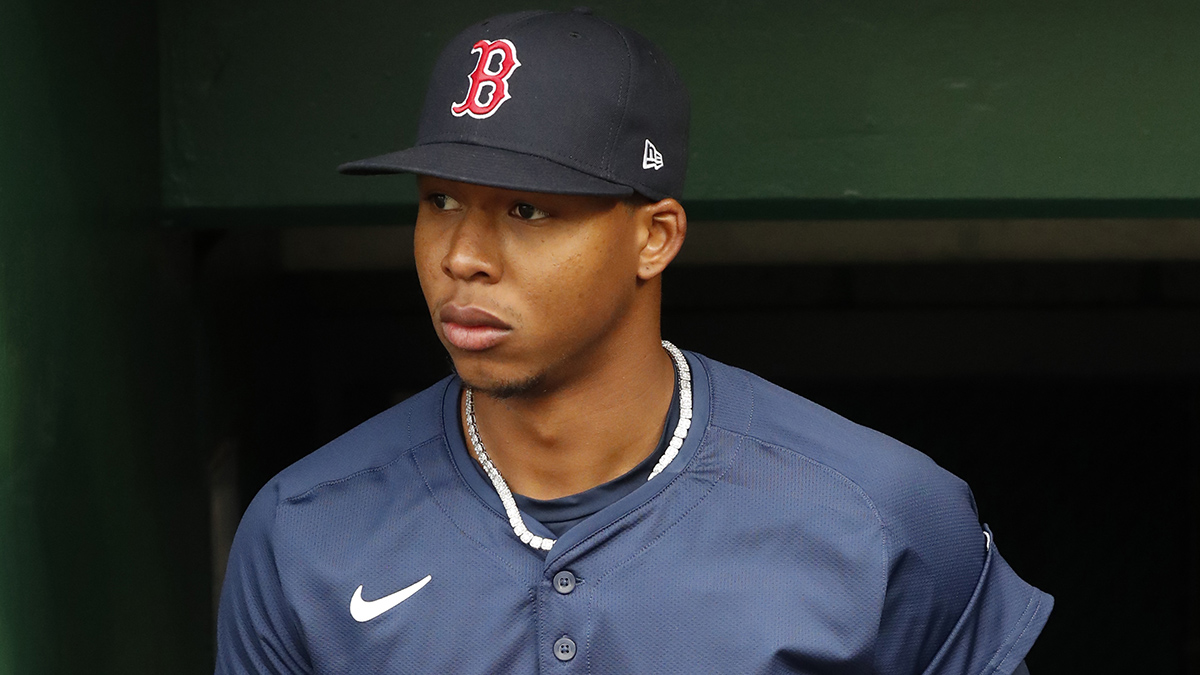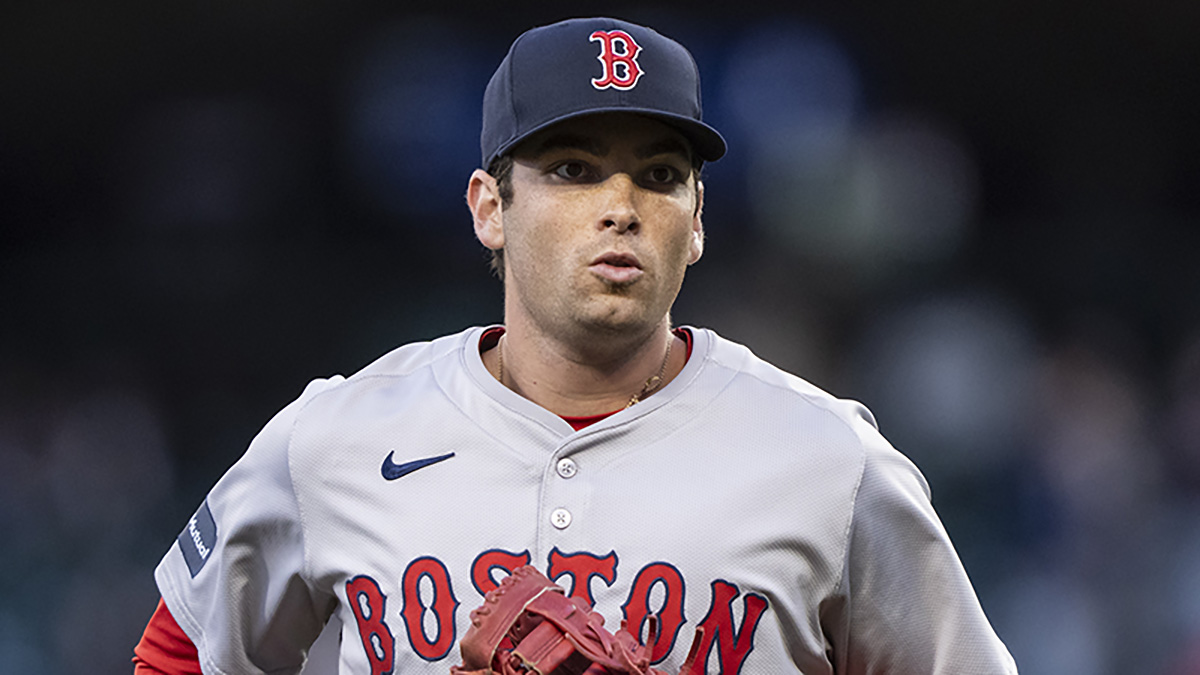John Henry hasn't just been a good owner of the Red Sox. He has been a great one.
Four championships. A renovated Fenway Park. Historically large payrolls. Legitimate efforts to heal the club's miserable record on race, which remains an ongoing project.
But with baseball on a course that has all roads leading to oblivion, it's time for Henry to stand up, break ranks with his fellow billionaires, and tell millions of angry, disillusioned fans the only words they want to hear:
Play ball.
Get the latest news and analysis on all of your teams from NBC Sports Boston by downloading the My Teams App
It should now be clear that ownership is driving the sport's reluctance to return. The players have already agreed to surrender half their salaries and are resisting further concessions, though there's probably wiggle room on deferred pay.
The owners, meanwhile, are signaling that some of them would rather cancel the 2020 season than take losses that Cubs owner Tom Ricketts refers to as "biblical," but that ESPN believes will amount to an additional $10 million per team between the owners' proposal of a 48-game season and the players' counter of 82.
Boston Red Sox
Killing a sport that's already on life support over $10 million sounds like a very baseball thing to do, and it would be the height of short-sighted stupidity for the group that can absorb long-term losses to refuse to do so because it wants to win today's pissing match.
Put another way: the owners want players to share losses that only one of them will be able to recoup. Shouldn't the owners view that expense as an investment in the sport's tenuous future? Because it's fair to suspect that the damage done by canceling the season will far surpass the cost of playing in empty stadiums.
That's where Henry comes in. The owners have mostly stayed silent, hoping that more players like Twitch-streaming idiot Blake Snell will whine about getting theirs before getting the 'Rona and thus swing public sentiment to management.
The owners need to have their eyes on the ultimate prize, though, and it's not winning a news cycle, breaking the union, or even creating leverage for the 2021 CBA negotiations.
It's playing baseball in 2020 instead of alienating the sport's shrinking fanbase, which will soon be able to turn its attention to playoff hockey and basketball, not to mention the NFL.
WEEI.com's Rob Bradford recently wrote that MLB needs an owner to step up like Robert Kraft did during football's 2011 lockout, when he cut through the rancor to extend an olive branch that ultimately ended the four-month standoff. At the press conference announcing an agreement, Kraft memorably hugged Colts center Jeff Saturday. He had acted in the best interests of his sport, if not exactly his fellow owners.
It's safe to say the NFL has no regrets, because it has only cemented its grip as America's preeminent sport.
Baseball, meanwhile, faces an existential crisis. Its product has become plodding and unwatchable, with games dragging past three hours, at-bats reduced to big swings against bigger velocity, and ball-in-play excitement replaced by sabermetrically-approved outcomes barely requiring fielders.
The sport's demographic is aging and getting angrier by the day as players and owners bicker over billions while one out of every four American workers is jobless and millions march for equality. Against that backdrop, our tolerance for greed is exceedingly low.
Someone needs to step up and put the sport first.
As owner of one of the game's signature franchises, Henry could be that man, even if he prefers to remain in the shadows. He's probably the smartest and shrewdest owner in baseball, and he's a self-made billionaire, unlike Chicago's Tom Ricketts, New York's Hal Steinbrenner, or St. Louis's Bill DeWitt, to name three. He's also untainted by scandal, unlike Houston's sign-stealing Jim Crane, Bernie Madoff stooge Fred Wilpon of the Mets, or cartoon villain Jerry Reinsdorf of the White Sox, to name three more.
Henry possesses the pulpit to alter the course of these negotiations before the two sides obliterate each other in a head-on collision. He could convey his thoughts in a late-night e-mail to a friendly news outlet if he doesn't want to appear on camera. It would cost him money in the short term, and it would undoubtedly earn him the enmity of the game's smaller-market owners, who sound eager to end the season before it starts, but those guys can't separate the signal from the noise, which is exactly how Henry made his money trading commodities.
Henry's data-driven approach to soy beans futures removed emotion from the equation and made him rich beyond measure. Now he must take a step back and recognize what his sport desperately needs, which is a voice of reason.
He may barely speak above a whisper, but it's about time he grabbed a megaphone.


